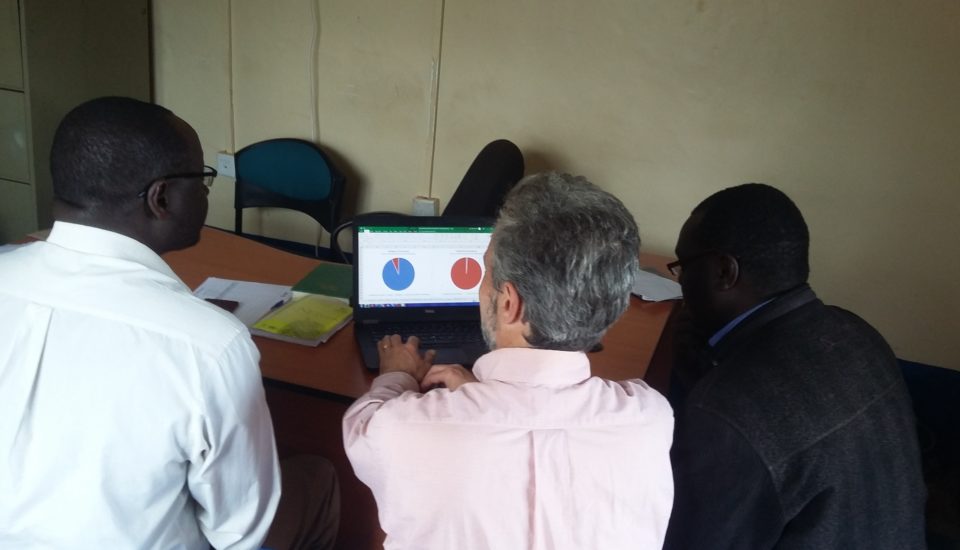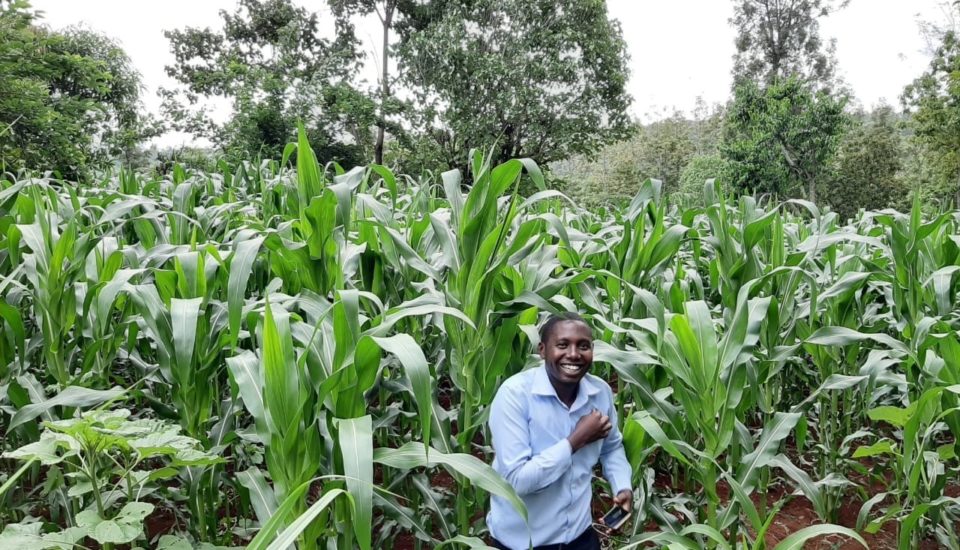By Ms. Alice Gitau-Corp Skills Research strategist
Coronavirus (COVID-19): Financial Services in the Global Response
According to UNDP survey of 2013, 43 percent of the Kenyan population is below the age of 15 with those aged 15-35 years being approximately 36 percent making the country to be predominantly young.
Like young people in many parts of the continent, Kenya’s youth are sinking toward the gig economy in the face of job shortages among traditional employers. Proponents of the economy argue that gig platforms can help workers to become more productive, smooth their incomes and obtain better labor and social protections than they might otherwise have access to in the informal economy. Corp Skills ’s research in Kenya confirms that many gig workers value their work as an essential source of income for their families. Yet the ongoing COVID-19 (coronavirus) crisis makes plain the limitations of gig work. Many workers lack savings and have seen their incomes plunge, with platforms unable to offer enough support to get them through the crisis. According to the platforms, however, there may be opportunities to collaborate with investors or governments to get loans or other types of financial assistance to workers.
Gig workers report major disruptions to business, depleted savings
As part of Corp Skill’s research on Kenya’s blossoming gig economy and what it means for financial inclusion, Corp Skills have been interviewing independent contractors, online platform workers, contract firm workers, on-call workers and temporary workers and platforms in Nairobi and Eldoret. Over the past few weeks, we reached out to understand the immediate impact of the COVID-19 crisis on their livelihoods, especially after the government imposed a number of restrictions on business and mobility in an effort to curb the disease, such as restricting the number of passengers in vehicles, closing restaurants and bars and imposing a curfew.
This impact has varied tremendously by sector. While platforms that facilitate logistics and movement of goods report a surge in business, those offering artisanal and personal services shared with us that business was down by as much as 90 percent.


Those who do have work are trying to balance the risk of infection with the need for income. Similarly, the platforms that employ them report trying to balance the safety of their workers and communities with the need to survive as a business.
Gig platforms signal eagerness to route government payments or loans to workers
All the platforms we spoke with were attempting to support workers by ensuring they had accurate information, safety training and personal protective equipment. One platform said that this has involved translating official GOK and Ministry of Health bulletins and directives into simplified language workers can more easily understand. The platforms we spoke with had also adjusted their business processes to facilitate social distancing, such as by accepting photos of delivered goods instead of signatures.
Some delivery platform is seeing an uptick in business and have started hiring drivers in addition to the initially engaged ones, a move that may offer opportunities to idle workers in other sectors.
But clearly these pockets of strong demand will be insufficient to offset the overall weakening of the economy, and many gig workers will need income support to ride out the crisis. Several platforms expressed a desire to provide such support but lacked the funds given the sharp declines in their businesses.
The platforms we spoke to only have payments infrastructure and data on workers’ typical earnings that could be used to facilitate and calibrate payments to workers were there means available to funnel assistance. They also noted that it would be straightforward — “trivial,” in one platform leader’s words — to use platform infrastructure to facilitate cash transfers to workers as many of them fall outside of existing government-to-person (G2P) cash transfer programs.
Alternatively, income support could be structured as a loan from governments or financial institutions to be recovered through future business earnings. The source of capital could route the funds directly to the platform or through a financial services provider.
“We would be in it body, heart, and soul,” said the treasurer of another platform, referring to both possible support arrangements.
Corp Skills ’s initiative is to understand the role of financial services in helping workers maximize the benefits and minimize the risks of the gig economy. The current crisis has put into even explicit relief how convenient, appropriately structured savings, loans and insurance products designed for gig workers could help stabilize livelihoods in the face of an economic shock. Unfortunately, few such solutions exist, and we will be redoubling our efforts to pilot such longer-term mitigants incase the pandemic measures are prolonged.
In the meantime, Corp Skills may still be an innovative partner for those looking to channel immediate relief to hard-hit online workers.
Corp Skills is working to collect and synthesize insights on low-income customers coping with COVID-19. How is the crisis impacting the ability of poor people to generate income, access essential services and protect their living standards? Are responses from government, providers, NGOs, and funders making a difference for people living in poverty? Are these efforts reaching the people most at risk? Please share information and results from research with customers at info@corp-skills.com to include it in our analysis.











